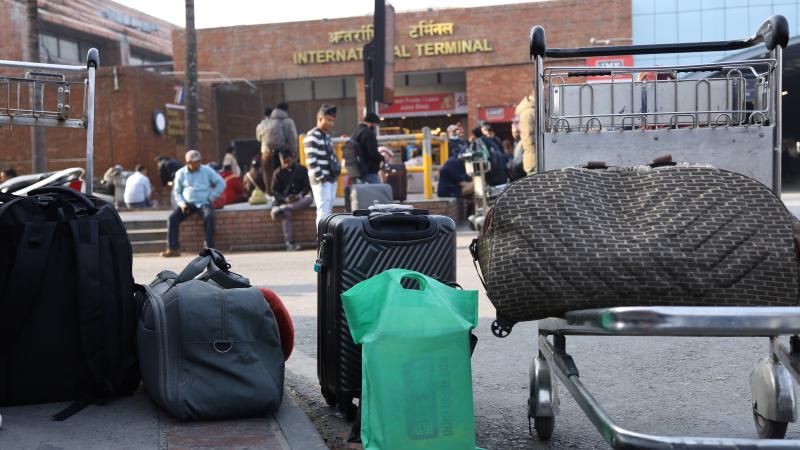California Appeals Court gives mixed rulings in Apple case
The appeals court affirmed a district court ruling that Apple’s anti-steering policy violated California’s Unfair Competition Law.
In a ruling for Epic Games v. Apple, the California Ninth Circuit Court of Appeals upheld the broad protections for fair competition under California's Unfair Competition Law. California Attorney General Rob Bonta celebrated the result.
Last March the attorney general filed a brief in support of California’s law. This ruling from the Ninth Circuit acknowledging the Unfair Competition Law (UCL) establishes a fair interpretation of the law.
“Apple’s anti-steering provision violates the UCL’s unfair prong, and entered an injunction prohibiting Apple from enforcing the anti-steering provision against any developer. Apple challenges each aspect on appeal. We affirm,” the ruling said.
“I am pleased that the Ninth Circuit reaffirmed the strength of California’s consumer protection law and upheld our state’s important role in enforcing fair competition laws on behalf of consumers. Today’s decision upholding this state law is a win for consumers and a competitive marketplace, “ Bonta said.
The appeals court affirmed a district court ruling that Apple’s anti-steering policy violated California’s Unfair Competition Law because it prevented consumers from making informed purchasing decisions and obtaining lower prices. Although part of the developers’ contract signed by Epic, prohibiting app developers from informing customers about ways to pay for their apps and subscriptions outside of Apple’s App Store was found to be a violation of California’s law.
But Apple too had victories of its own. The court found that “Epic failed to establish that Apple’s design of the iOS ecosystem — which ties the App Store and IAP together — is anticompetitive,” and that “the district court correctly held that Apple offered non- pretextual, legally cognizable procompetitive rationales for its app-distribution and IAP restrictions.
The court also sided with Apple on the question of a monopoly stating “that although Apple possesses “considerable” market power in the market for mobile-game transactions, that power is not durable enough to constitute monopoly power given the influx nature of the market…Epic failed to establish Apple’s restrictions were anticompetitive.”
Further, the court ordered Epic to pay Apple’s attorney fees in a ruling that read “We reverse the district court’s holding that the DPLA’s indemnification provision does not require Epic to pay Apple’s attorney fees related to this litigation...we hold that clause contemplates intra-party disputes and Apple is entitled to attorney fees pursuant to it.”
“California's Unfair Competition Law protects all 39 million Californians from unlawful, unfair, and fraudulent business practices," Bonta stated.















